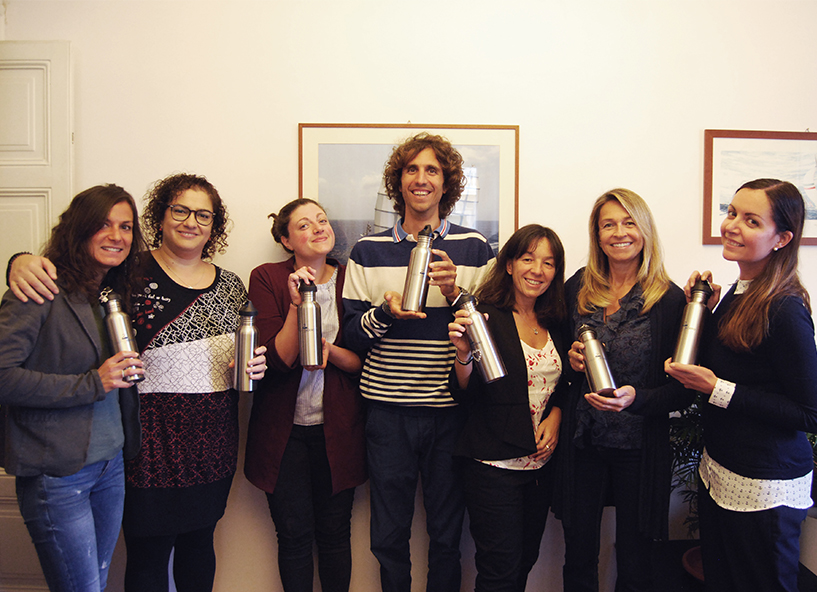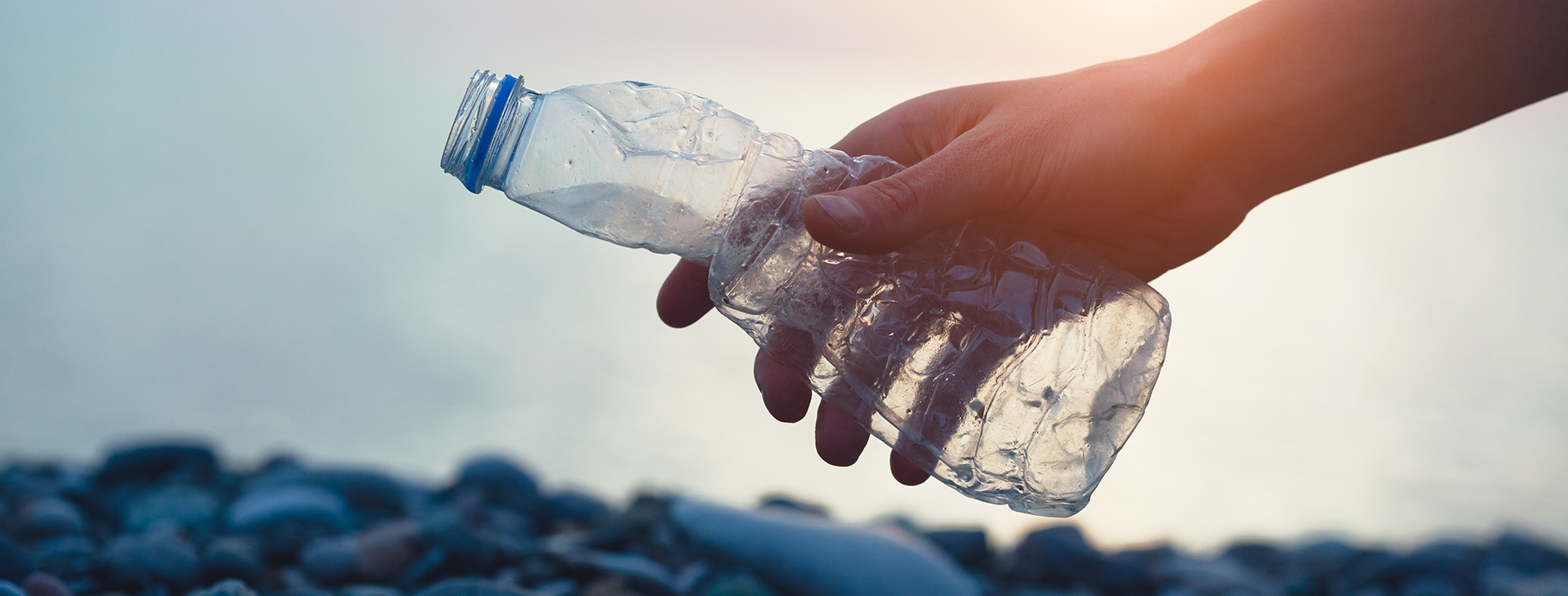In order to reduce our impact on the planet and leave – every day – a lighter footprint, we are learning to walk on tiptoes. The organisation is also a place to practice changing habits.
Photographer Barry Rosenthal has succeeded very well in illustrating the issue of abandoned plastic waste. By creating neat, harmonious patterns with discarded objects found along the coastal areas of New York harbour, he catches our eye and makes us face reality.
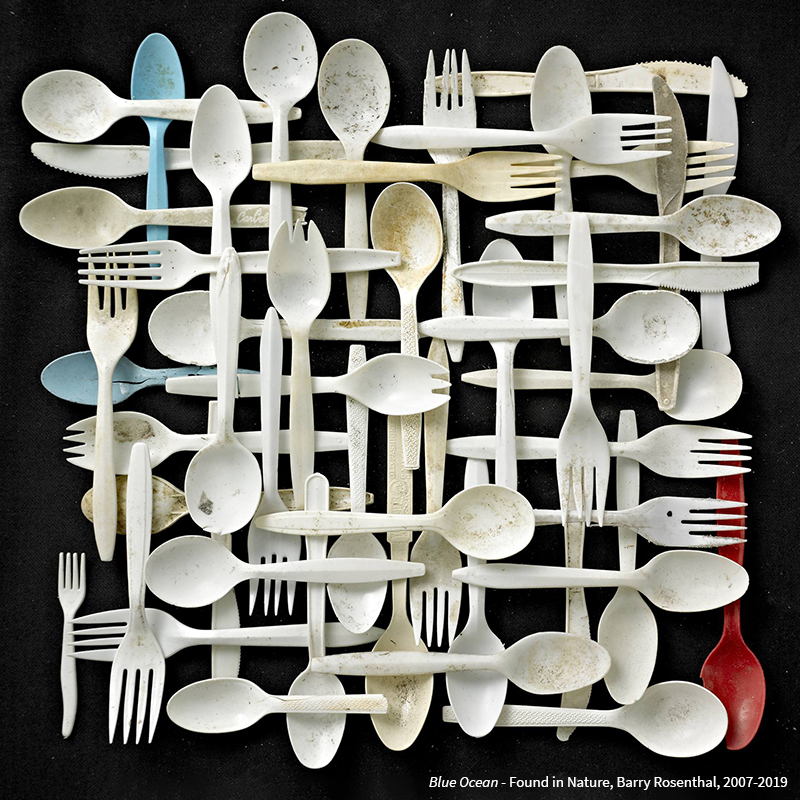
Our objects weigh more than biomass
By the end of 2020, 0.01% of the biomass (we humans) had built so many artefacts that they outweighed the entire biomass of the planet, i.e. all the living beings on earth put together. Research conducted by the Weizmann Institute of Science published in Nature highlights how just 100 years ago the weight of our objects was only 3% of the Earth’s biomass.
The exponential growth of our impact on the planet
Many small gestures and decisions have led to the exponential growth of our impact, with a doubling rate every 20 years. It will presumably take small gestures and decisions to return to a position of equilibrium.
The Single Use Plastic (SUP) Directive
The entry into force of the Single Use Plastic (SUP) Directive, which aims to remove single-use plastics from the market, is a step in this direction.
The items that will no longer be found on the market, once stocks are exhausted, will be cotton buds, cutlery, plates, straws, polyethylene foam food containers, balloon rods and beverage containers.
All objects that research claims account for 77% of marine waste on Europe’s beaches and seas.
In Italy the directive has not been fully implemented
According to eco-activists, the directive voted on by the European Parliament about two years ago has been incompletely implemented in Italy.
Products with a plastic coating can remain on the market when it is less than 10% of the weight of the article itself, as well as disposable products made of biodegradable and compostable plastic with at least 40% of renewable raw material.
Plastic bottles: the big absentees
Plastic bottles are also a big absentee, for which a different procedure is envisaged: by 2025, 77% of products released for consumption must be recycled, rising to 90% by 2029, and – always from 2025 – PET bottles must contain at least 25% recycled material, with a target of 30% by 2030.
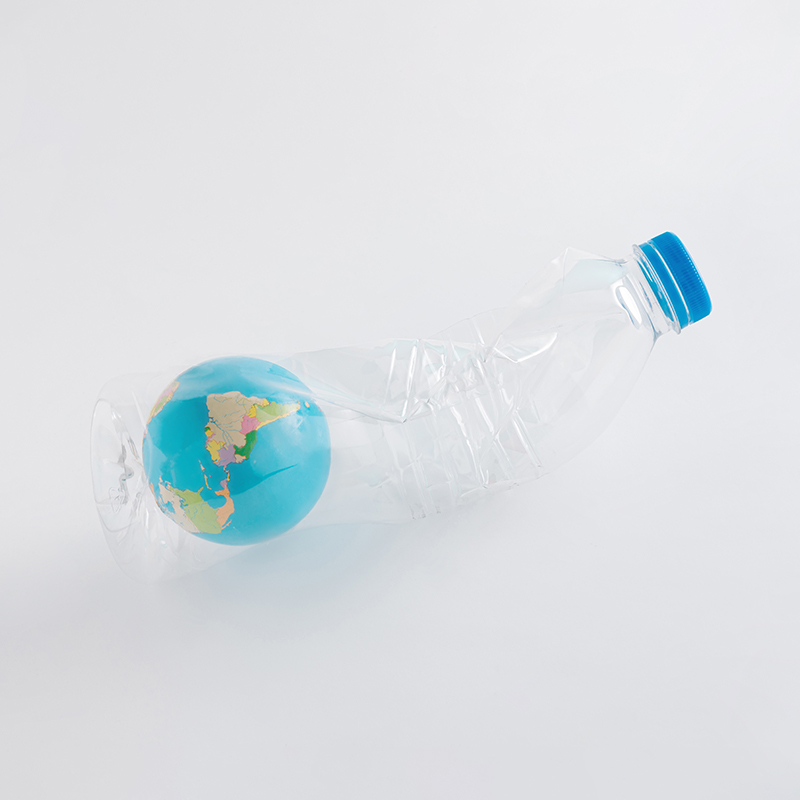
True sustainability requires changes in behaviour and habits
For those accustomed to already highly sustainable lifestyles, the directive may seem a bit weak, but since the problem is one of mass behaviour, the progressive introduction of other models of everyday life, starting from those into which we have unwittingly slipped over the last hundred years, is perhaps a condition for success.
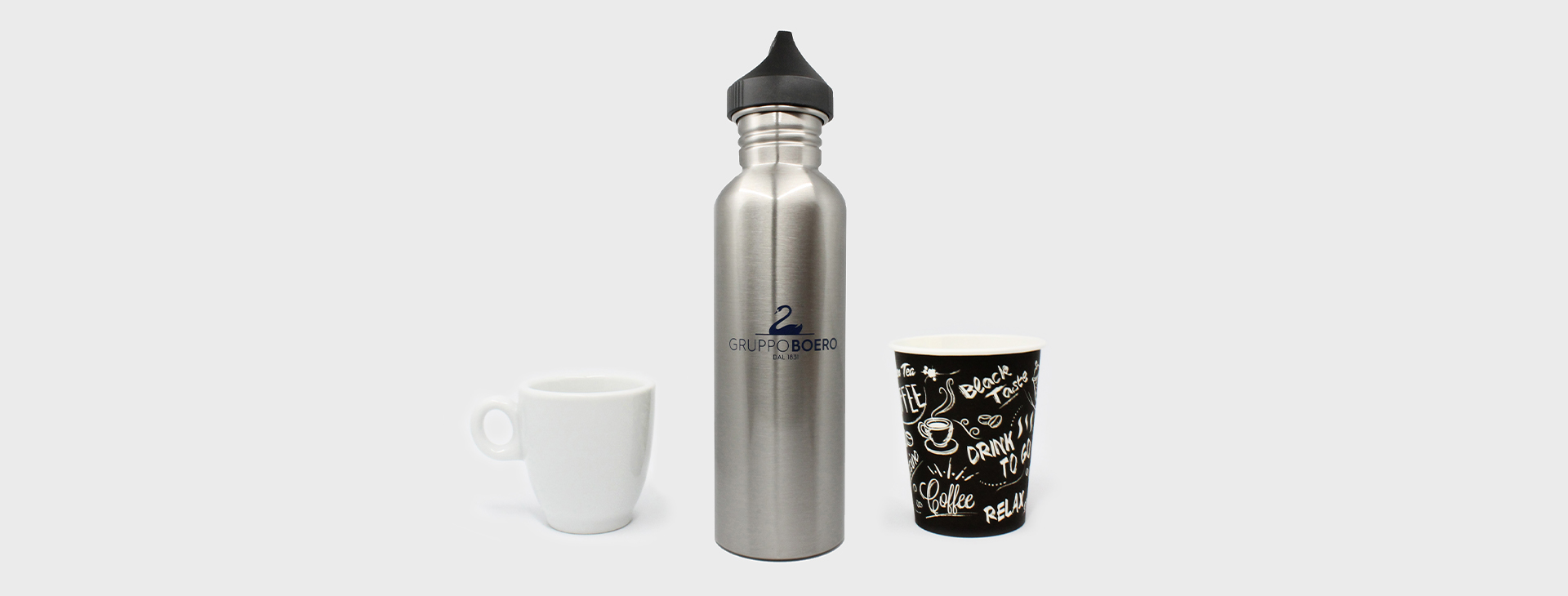
Gruppo Boero’s Plastic Free campaign
The Gruppo Boero has also experienced how non-trivial it is to reduce plastic in its daily lifestyle. Already two years ago, the decision was taken to eliminate plastic bottles, water containers and other single-use plastic products, and experiment with a change in corporate culture, while respecting people’s time in revolutionising their habits.
The Plastic Free campaign is part of the #Sceglisostenibile project which, by working on corporate lifestyles at a cultural level, flanks the actions on the product carried out by Research and Development towards sustainability goals.
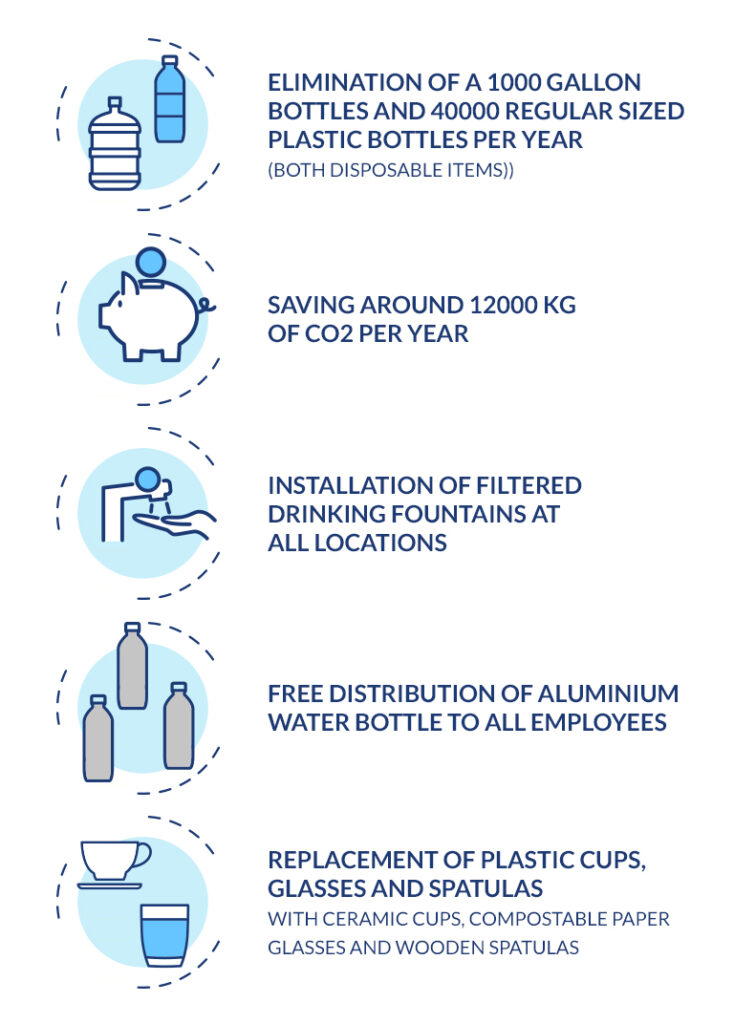
Cultural and environmental paths at the University of Genoa
In addition to the corporate world, universities have also decided to embark on a path which is cultural even before being environmental.
“Since 2018, the University of Genoa has developed a series of initiatives to reduce single-use plastic, including providing students and employees with a personalised water bottle and installing draught water dispensers connected to the water network,” says sustainability pro-rector Adriana Del Borghi.
“In addition to significantly reducing the environmental impact and waste production, the common path of companies and public administration bodies towards the abandonment of the throwaway culture will contribute to increasing awareness of sustainability by recognising the importance of the contribution of each individual citizen”.
Towards a lighter footprint: changing habits means knowing how to give something up
Changing habits – towards the goal of making a lighter footprint and reducing our impact on the planet – is a path full of obstacles, unless something is imposed in a traumatic way, with short-term results.
The Plastic Free experiment went through the natural path of any change: enthusiasm for some and an annoyance at new rules and apparent inconvenience (giving up habits is always uncomfortable) for others.
Now that regulations are starting to be enforced outside the company as well, there is the pleasure of having chosen the right direction well in advance.
However, the most valuable aspect is that we have started to discuss these issues even in front of the coffee machine. Understanding from the inside what it means to give up routines that are now automatic is also a training ground for understanding the difficulties that customers may have in accepting new products that are more sustainable but different from the familiar ones.
